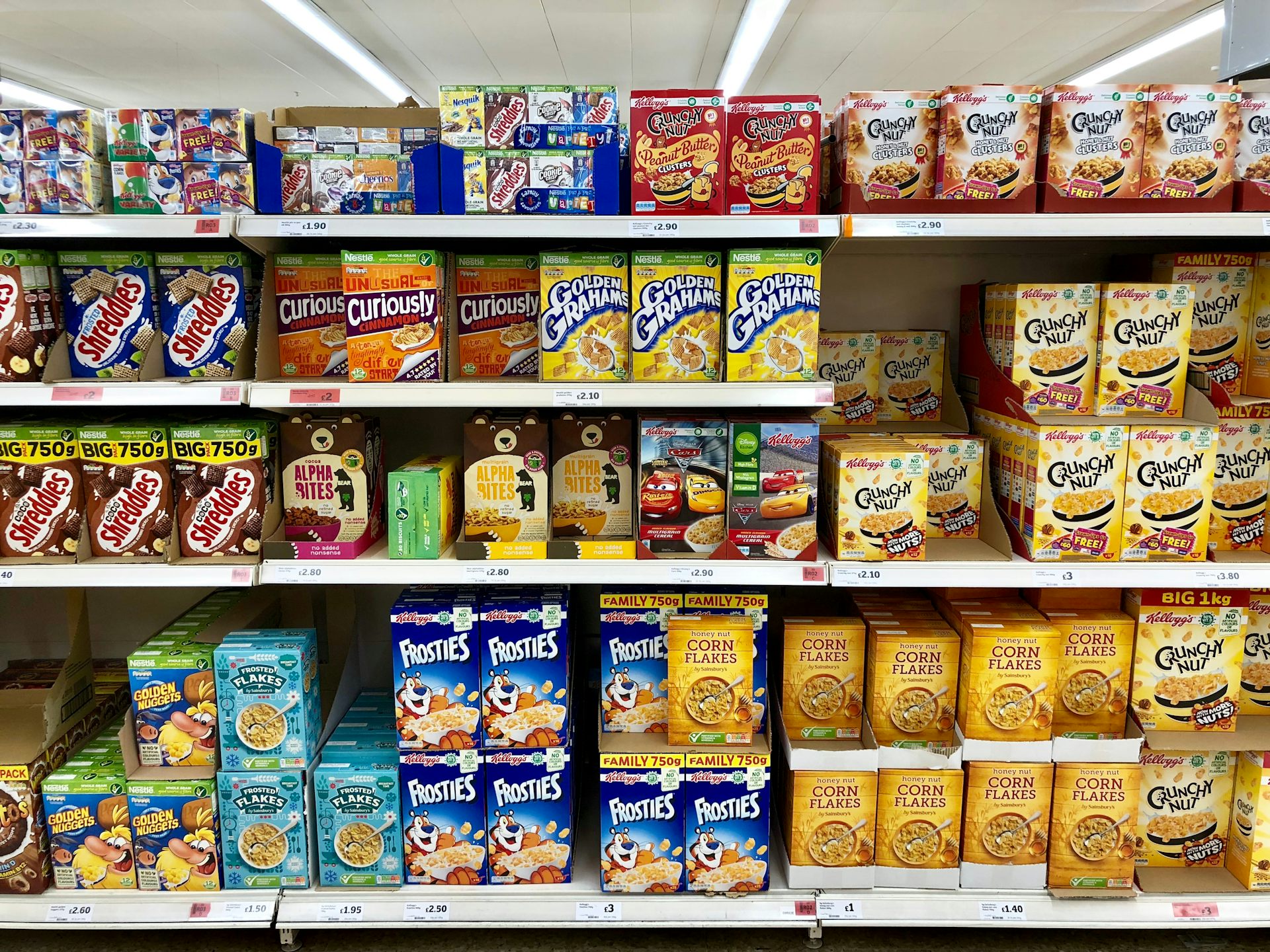Fast Moving Consumer Goods (FMCG) play a crucial role in our daily lives, encompassing a wide range of products that are consumed frequently and at a relatively low cost. While FMCG companies thrive in the market, it is essential to acknowledge the potential disadvantages that come with this industry. In this article, we will delve into the multifaceted challenges faced by FMCG businesses, shedding light on their impact and implications.
- Intense Competition and Market Saturation:
The FMCG sector is highly competitive, with numerous players vying for market share. This intense competition often leads to market saturation, making it challenging for new entrants to establish themselves. Established brands must continuously innovate and invest in marketing strategies to maintain their position, which can be financially burdensome. - Price Sensitivity and Low Profit Margins:
FMCG products are known for their price sensitivity, as consumers often prioritize affordability over brand loyalty. This price-driven consumer behavior puts pressure on companies to keep prices low, resulting in slim profit margins. Moreover, fluctuations in raw material costs, transportation expenses, and currency exchange rates can further erode profit margins, making it difficult for FMCG companies to sustain profitability. - Supply Chain Complexities:
The FMCG industry relies on a complex supply chain to ensure products reach consumers efficiently. However, this complexity brings its own set of challenges. Managing inventory, coordinating with suppliers, and ensuring timely delivery can be daunting tasks. Any disruption in the supply chain, such as natural disasters or transportation issues, can lead to stockouts or delays, negatively impacting customer satisfaction and brand reputation. - Short Product Lifecycles:
FMCG products often have short lifecycles due to rapidly changing consumer preferences and evolving market trends. This necessitates continuous product innovation and adaptation to stay relevant. However, launching new products frequently requires substantial investments in research and development, marketing, and distribution. Failure to keep up with changing consumer demands can result in product obsolescence and loss of market share. - Environmental Impact and Sustainability Concerns:
The FMCG industry's mass production and consumption patterns have significant environmental implications. Packaging waste, carbon emissions, and water usage are some of the sustainability concerns associated with FMCG products. As consumers become more environmentally conscious, companies must invest in sustainable practices and adopt eco-friendly packaging solutions. Failure to do so can lead to reputational damage and loss of customers.
Conclusion:
While the FMCG industry offers immense opportunities, it is crucial to recognize and address the disadvantages it entails. Intense competition, low profit margins, supply chain complexities, short product lifecycles, and sustainability concerns are just a few of the challenges faced by FMCG companies. By understanding and proactively mitigating these disadvantages, businesses can navigate the industry successfully and ensure long-term growth and sustainability.


Average Rating